Professional electromyography testing that pinpoints exactly what’s causing your numbness, tingling, or muscle weakness.
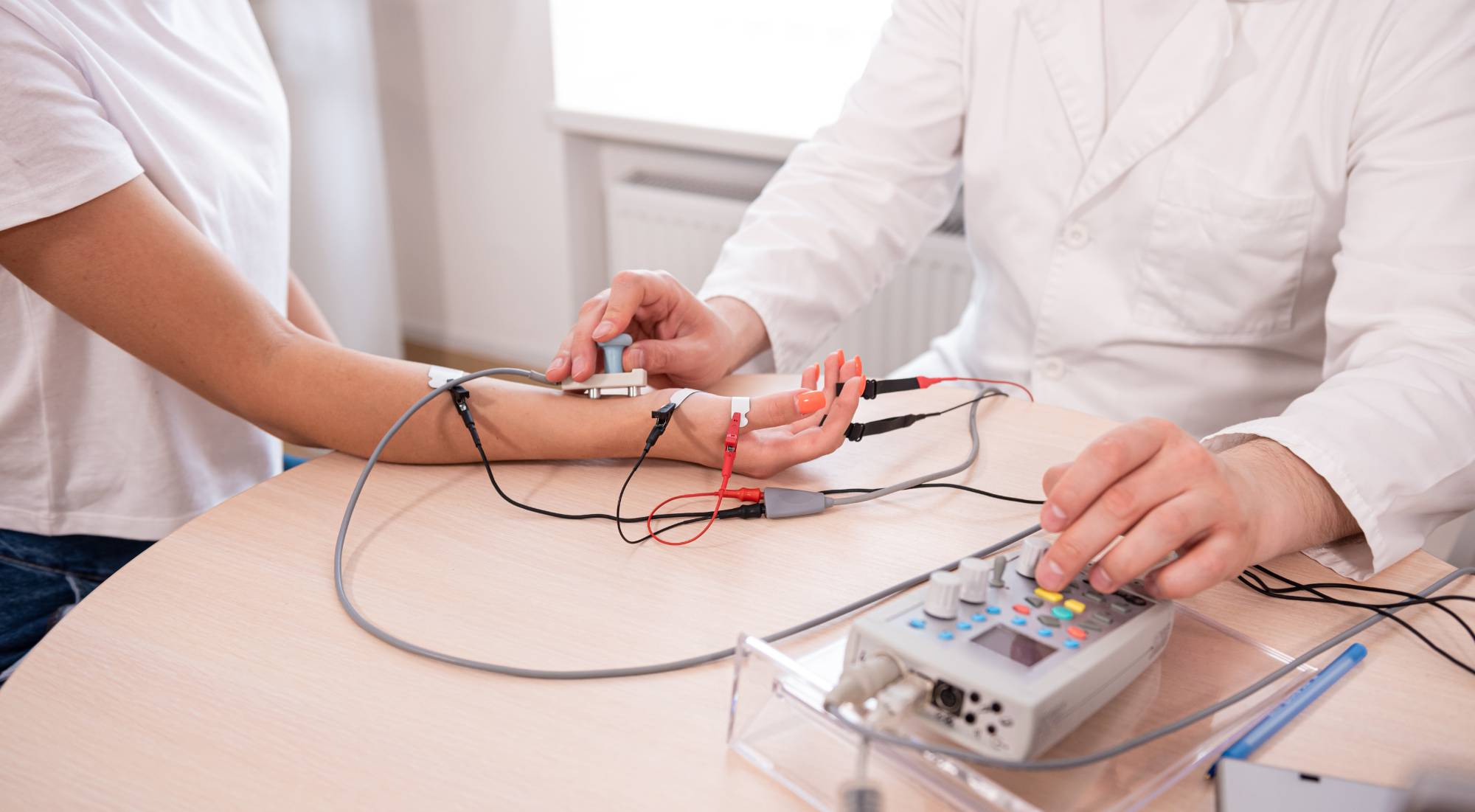
Reviews
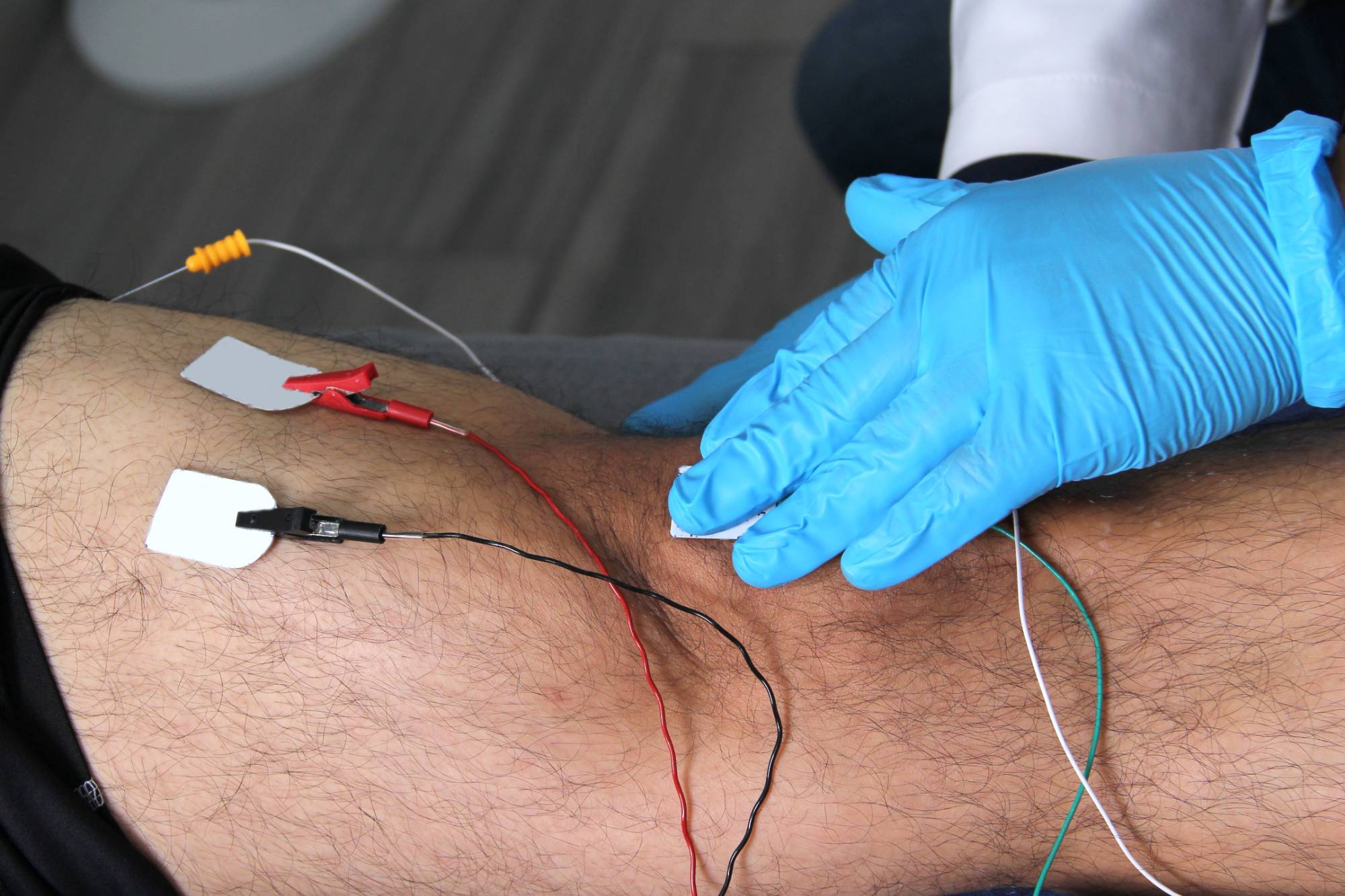
You’ve been dealing with unexplained symptoms long enough. That tingling in your hands, the weakness in your legs, the shooting pain down your arm – you need real answers, not more guessing.
EMG testing gives you those answers. This diagnostic procedure measures the electrical activity in your muscles and nerves, showing us exactly where the problem is and how severe it might be.
When you know what you’re dealing with, you can move forward with the right treatment. No more wondering if it’s serious. No more trying treatments that don’t address the real issue. Just clear information that helps you get better.
NY Spine Medicine has been providing comprehensive diagnostic services to Staten Island residents for years. We understand that when you’re experiencing nerve or muscle problems, you want answers quickly and accurately.
Our practice focuses specifically on spine and nerve-related conditions, which means we see cases like yours regularly. We know what to look for, how to interpret results, and what those results mean for your treatment options.
Located right here in Westerleigh, you don’t need to travel to Manhattan for expert EMG testing. Our facility uses the same advanced equipment and follows the same rigorous standards you’d find at major medical centers.
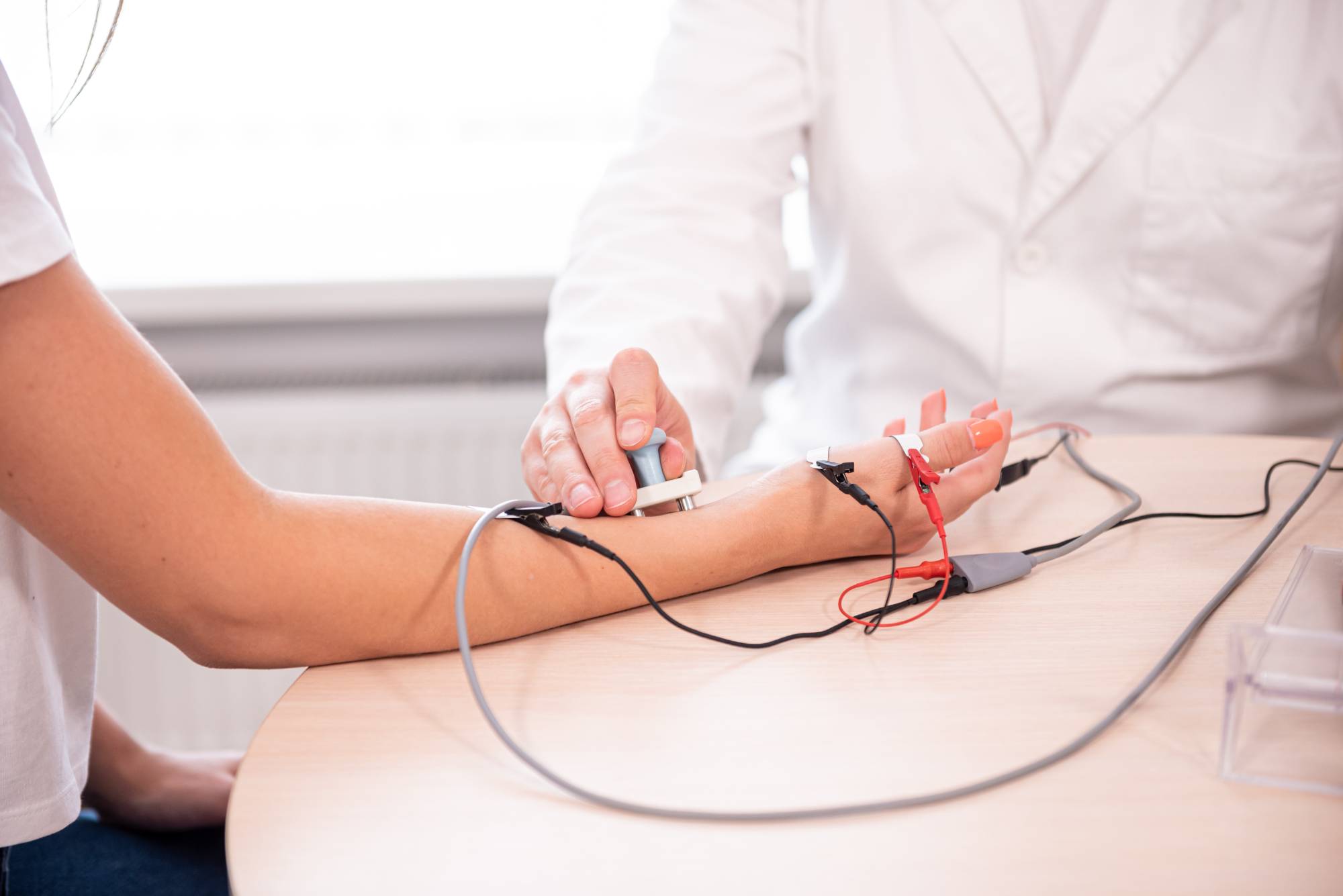
Your EMG test actually involves two parts: nerve conduction studies and electromyography. The nerve conduction study comes first, where small electrodes are placed on your skin and mild electrical pulses measure how fast and strong your nerve signals are.
The electromyography portion uses a thin needle electrode inserted into specific muscles to record their electrical activity. You’ll be asked to relax certain muscles, then contract them gently while the equipment measures the response.
The entire process typically takes 30 to 60 minutes, depending on how many nerves and muscles need testing. Most patients describe the sensation as uncomfortable but not painful – similar to getting blood drawn or receiving acupuncture.
You’ll get your results the same day in most cases. We’ll explain what the findings mean and discuss next steps for treatment based on what the test reveals.
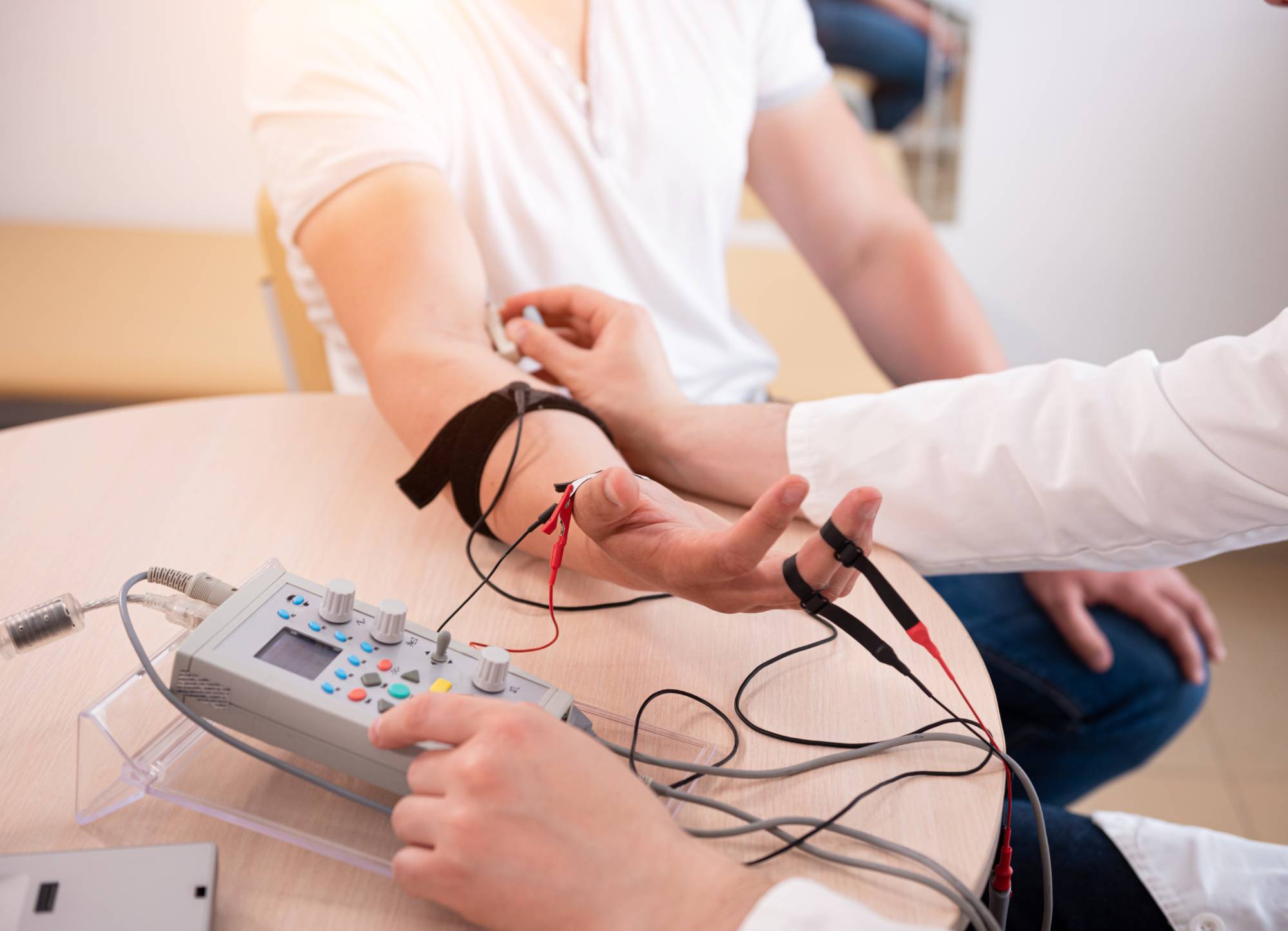
Ready to get started?
Your EMG testing appointment includes both nerve conduction studies and muscle testing in one session. We test multiple nerve pathways and muscle groups to get a complete picture of what’s happening.
You’ll receive a detailed report explaining the results in terms you can understand. We take time to show you exactly where any problems were found and what that means for your symptoms.
Most insurance plans cover EMG testing when it’s medically necessary, and our staff handles all the prior authorization paperwork. We’ll verify your coverage before your appointment so there are no surprises.
Follow-up coordination with your referring physician happens automatically. Your results get sent to the doctor who ordered the test, and we can schedule any additional appointments you might need for treatment.
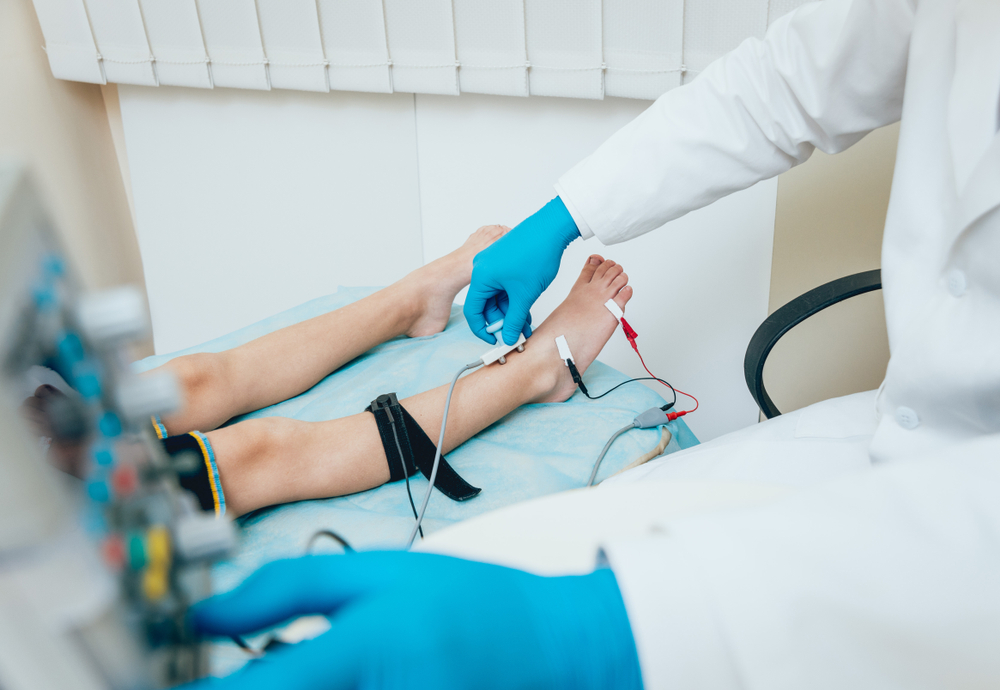
New York:
Florida:
Support